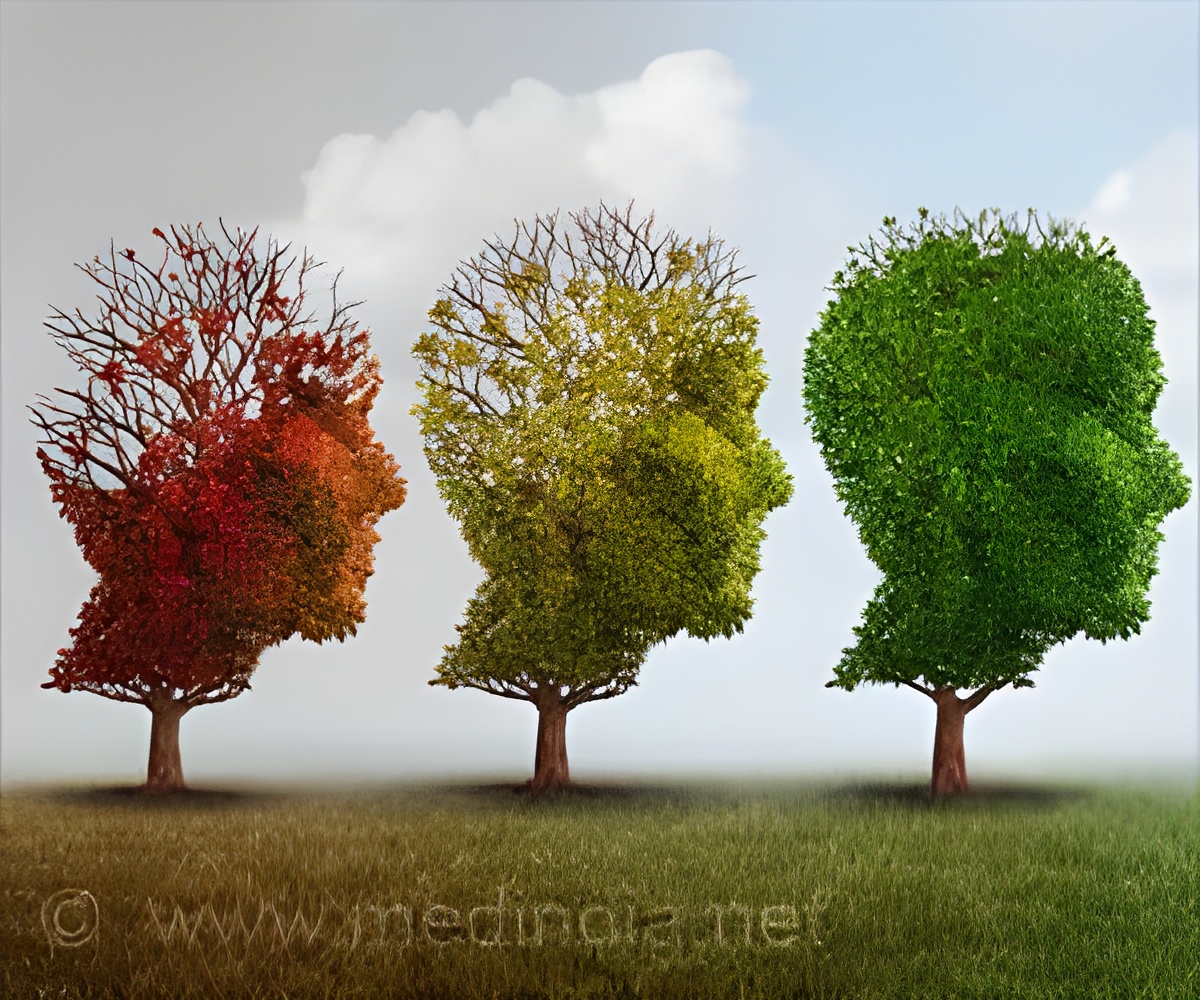Noninvasive dementia sleep test could help predict and diagnose neurodegenerative diseases in older adults, report a new study.

‘Dementia covers a wide range of diseases that affect the memory, problem-solving, and other thinking abilities that interfere with daily life.
’
Read More..




Dementia patients had much higher scores compared to non-dementia patients, showing signs of cognitive decline.Read More..
The research team from Massachusetts General Hospital says the findings shed fresh insights on the age-related brain disease and may offer hope of earlier diagnosis and treatments that could slow down symptoms progression.
The team created a model known as the Brain Age Index (BAI). BAI uses artificial intelligence sleep data to determine the difference between a person's current age and their brain's biological age by watching at electrical measurements during the sleep.
With aging and neurodegenerative disease, sleep is more fragmented, and there is rapid eye movement sleep and less slow-wave sleep.
Researchers looked at more than 5000 sleep tests of over 3500 patients with either mild cognitive impairment, dementia, cognitive symptoms but no diagnosis of impairment, and without dementia. Results revealed that BAI values rose as cognitive decline increased.
Advertisement
Source-Medindia













